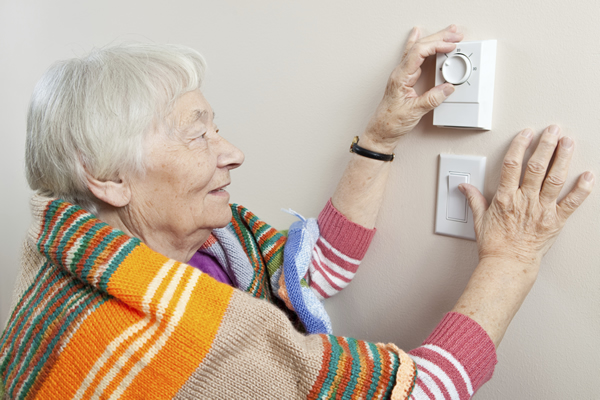What are Care Levels?
When evaluating the need for an in-law suite or cottage you will need to determine the type of support that the resident will require. Because cost is a factor for most prospective customers it is important to determine the current needs as well as the short and long term progression of care that will be required.



